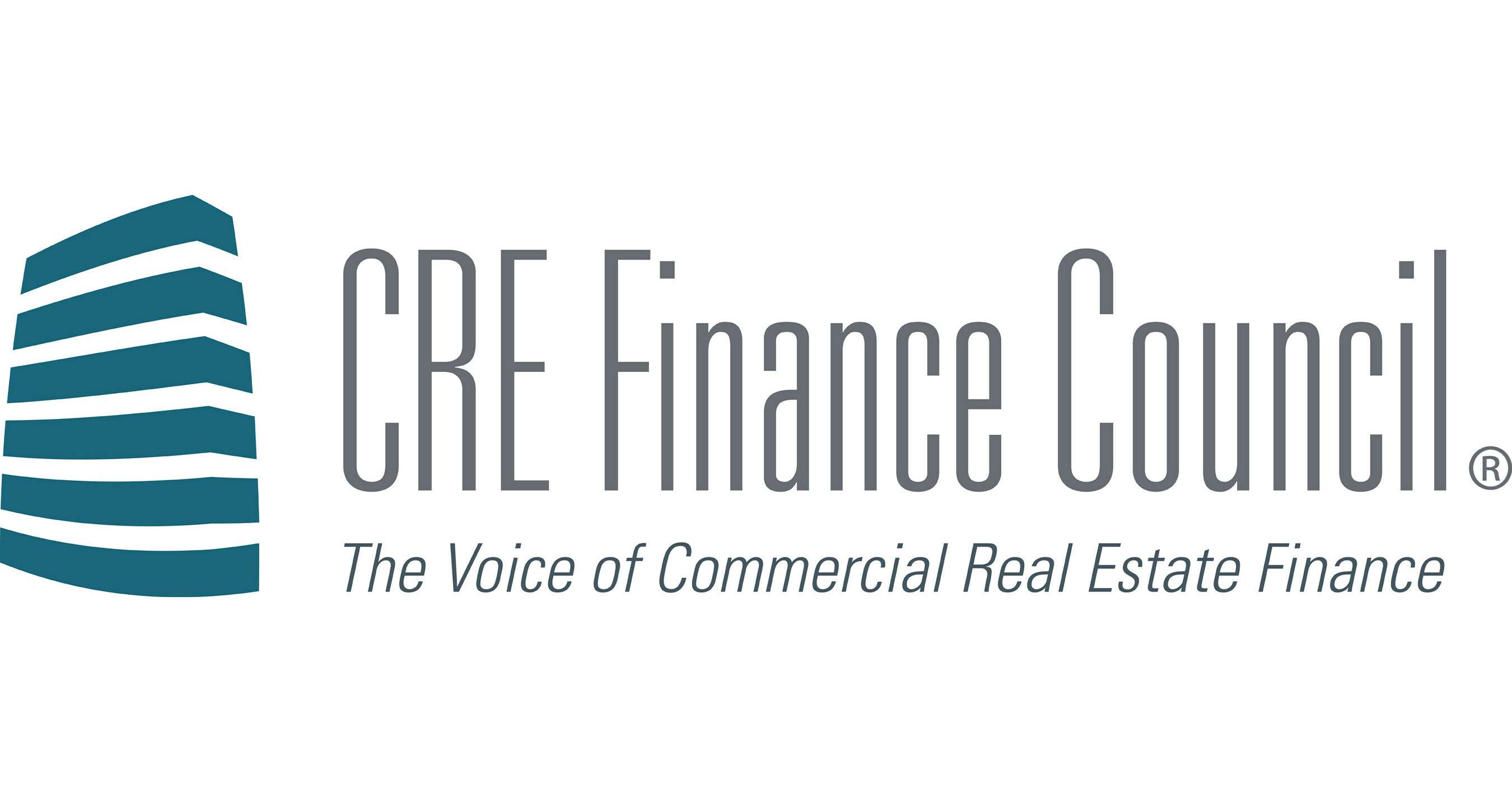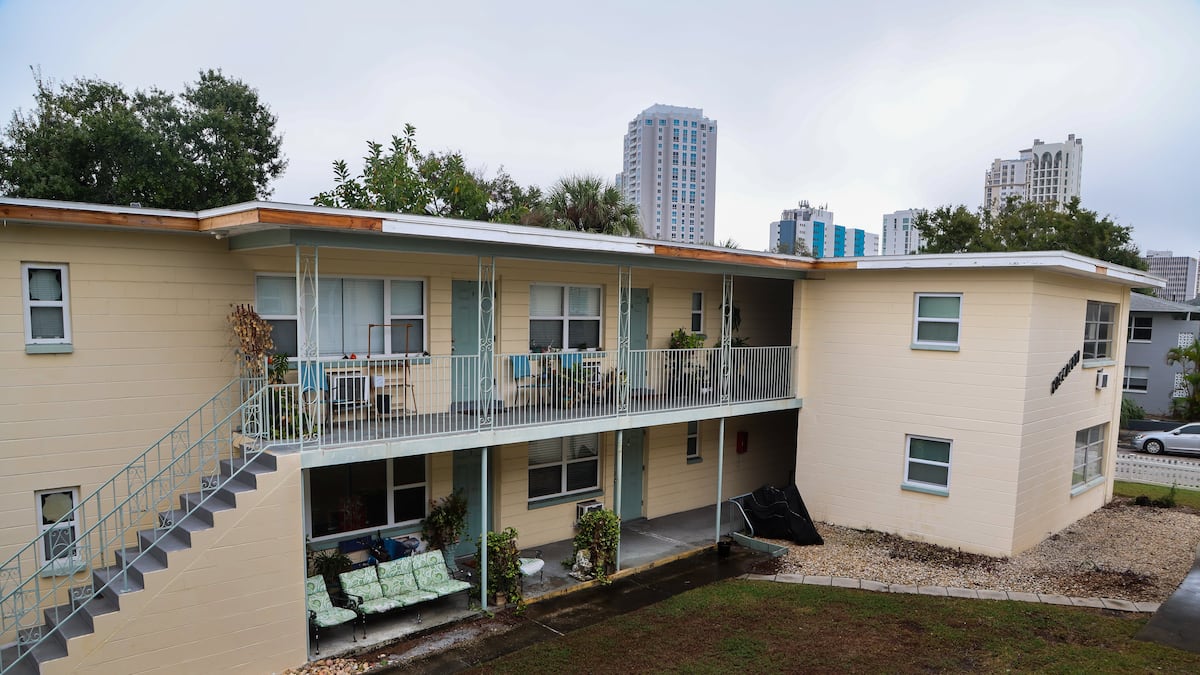K
athryn Warner, BBA ’25, completed a gap in her real‑estate education by enrolling in INTB 5019: Real Estate Development, a study‑abroad module that included a UK excursion. Growing up in a family residential‑real‑estate business, she had already gained a solid grasp of commercial markets through Lindner. The UK trip, however, broadened her view dramatically. “I’d never been abroad before, so crossing the Atlantic for the first time was amazing. Seeing how different yet similar people live there was eye‑opening,” she recalled.
Students spent time in Liverpool, Manchester and London, balancing classroom learning with on‑site visits to industry leaders. They toured CBRE, the Canary Wharf Group, Savills and other firms, gaining networking opportunities while exploring iconic landmarks such as St. Paul’s Cathedral and the Tower of London. The schedule blended business sessions with evenings of cultural and social activities, providing a holistic experience.
Brady Burden, BBA ’25, had never imagined traveling overseas. The finance‑and‑real‑estate major found the UK trip transformative, sparking a newfound curiosity about global markets. “The people we met were fascinating. I realized how connected they are to worldwide events, more so than we often are,” he said. His experience highlighted the importance of ESG compliance in the UK, where developers aim for 100 % carbon‑neutral new buildings—a stark contrast to U.S. practices. Burden noted that UK firms prioritize top‑tier office amenities while maintaining strict ESG standards.
A visit to Bridges Outcomes Partnerships offered students a concrete example of real‑estate projects serving the public good. The nonprofit links community members to housing and essential resources, illustrating how commercial ventures can address social needs.
The course’s academic anchors were reinforced by faculty insights. Professor Gary Painter, PhD, emphasized that the UK field trips served as a capstone, illustrating how market conditions and institutional frameworks shape development and investment. He highlighted visits to high‑end office spaces at Canary Wharf and to providers addressing homelessness, underscoring the practical relevance for students’ future careers.
Carl Goertemoeller, executive director of the UC Real Estate Center, praised the program’s integration with local industry. “Real estate is inherently local, but seeing how customs, norms and transactions differ abroad offers invaluable perspective,” he said. The UC Real Estate Center, in partnership with the university’s real‑estate curriculum, connects students to Cincinnati firms and industry leaders, enriching their learning through events and research.
Students compared UK trends with those in Cincinnati, noting parallels in historic preservation and sustainable development initiatives. Warner highlighted how Cincinnati’s projects mirrored the ESG focus she observed in the UK. These insights enabled students to apply international best practices to their domestic studies, reinforcing the program’s 360‑degree approach.
Warner reflected on the experience: “As a freshman, I never imagined I’d go abroad with UC. It made my time here unforgettable, especially traveling with my classmates.” Her sentiment echoed across the cohort, many of whom described the trip as a defining moment in their college journey.
The UC Real Estate Center remains a pivotal link between academia and industry, fostering the next generation of real‑estate leaders through robust academic programs, outreach, and research. Students are encouraged to engage with the center’s resources and events to deepen their expertise and expand professional networks.














